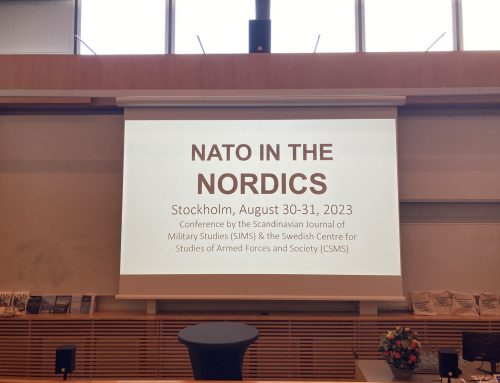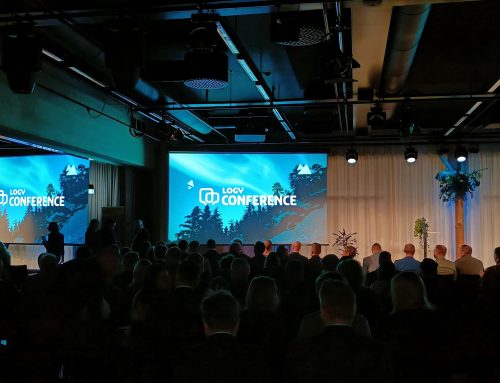Public procurers are tasked with procuring products, services and works that fulfil the needs of the organisations. These needs may not only be defined by current consumption and obstacles, but also by expectations on the future and mitigation for unexpected events.
The project CAIUS (Cascading innovation upstream the supply chain through procurement processes) was sparked by changes in the legislation on public procurement. New EU directives put more emphasis on innovation and the project was aimed to develop an understanding for innovation in public procurement processes and how innovation can cascade upstream the supply chain and between industries. Being carried out by the HUMLOG Institute, in cooperation with the Finnish National Emergency Supply Agency (NESA), an additional objective of the project was to see how innovation and security of supply converge in different sectors. The study was carried out in Finland and focused on three sectors: healthcare, energy and water services.
The two-year project (2015-2016) culminated in a seminar at Hanken on the 17th of November. The topic for the seminar was simply “Public procurement for innovation and preparedness”. The focus was on challenges of innovation-related procurement identified in the study, and discussions on potential recommendations and solutions. In addition to learning about the project and its findings, the seminar participants expressed their views on and experiences of the issues at hand, both in the plenaries and in the smaller group sessions, facilitated by Ira Haavisto (Director of HUMLOG) and Kaisa Hernberg (Development Director of Climate Leader Council).
Some of the conclusions from the discussions were that innovation first of all is a concept that needs to be better defined, and that innovation (in terms of for instance clean tech solutions) needs to be made a strategic goal. Information-sharing and collaboration are considered key to better achieving innovation within and through public procurement. The use of (big) data for better forecasting as well as practical tools for procurers were suggested to be future areas to look into. Also, there is room to improve the activity of setting procurement criteria, for example by allowing more input from potential bidders. Trade-offs and risks came out as key factors in many aspects, impacting on preparedness models, the fulfilling of needs and the use of public funds.
In terms of preparedness, the priorities as well as responsibility for mitigation, preparation and response came up as important issues. The society has become more interconnected and citizens rely on the public to take care of security of supply and response in emergency situations, while the public may not be able to provide for everyone in all types of emergencies. In some sectors, globalisation has led to more proneness to supply disruptions.
From my viewpoint as a project researcher and seminar organiser, the discussions in the seminar and outcomes of the project shows that there are many complex and intertwined issues in the overlapping space between the policy goals of innovation and preparedness. There are many areas that can be further explored through research, such as the trade-offs between specialisation and generalisation as well as competition and innovation, the smart use of data in both procurement and preparedness, and potential new models for risk-sharing between the public sector organisations and commercial actors. In my opinion, a continued discussion – especially in light of climate change, globalisation and demographic changes – between industry, authorities and the research community will for sure benefit society.
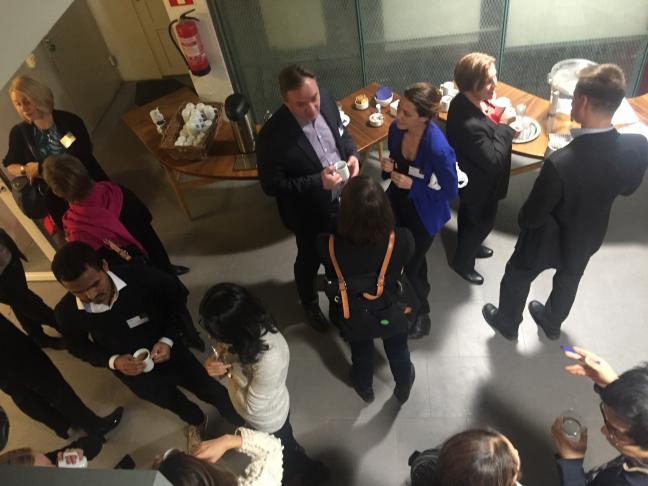
The day began with morning coffee and networking.
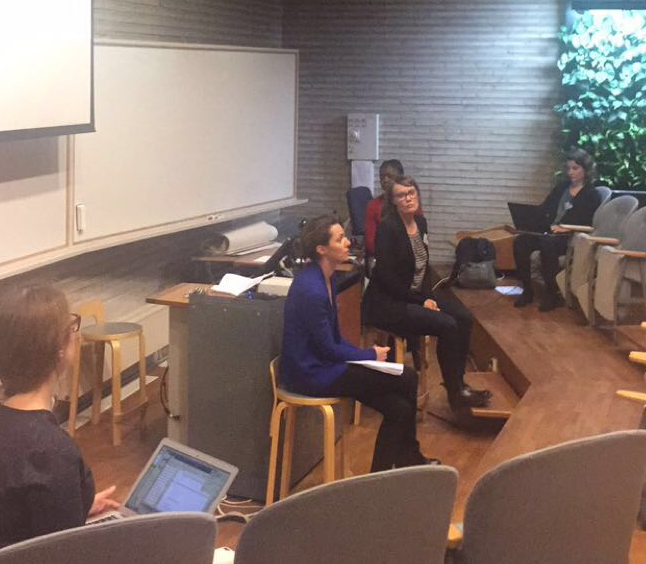
Plenary session with audience interaction on the topic “Where do we go from here: recommendations and solutions”.
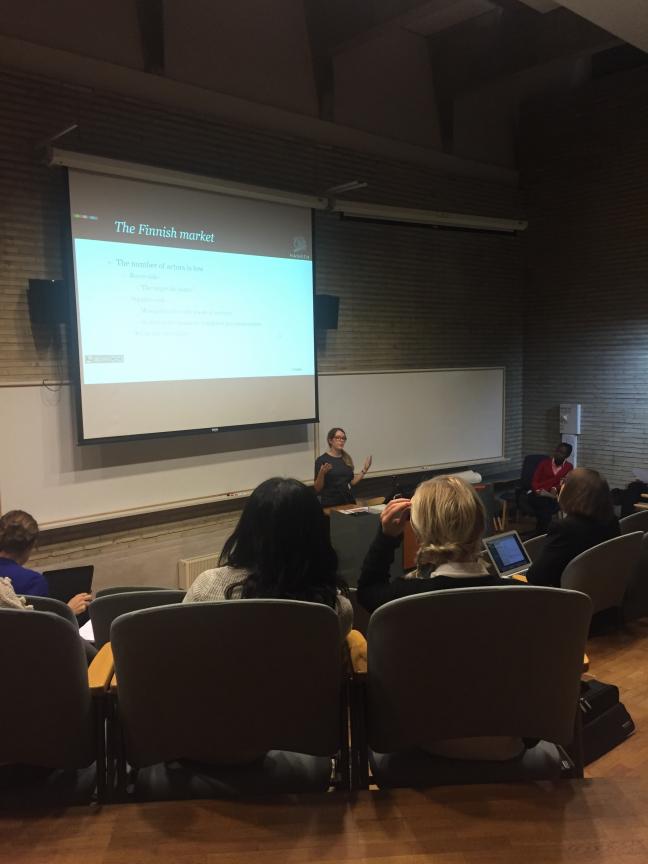
Isabell Storsjö giving an insight into the Finnish market situation.
Isabell Storsjö
Doctoral student and project researcher

